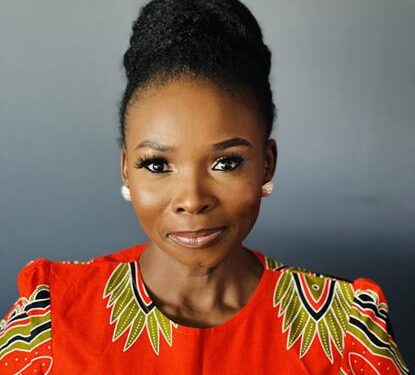By Mesela Kope-Nhlapo
Mesela is a prominent leader with over two decades of expertise in the rail and transportation industry, currently serving as Chief Executive Officer of ARIA, the African Rail Industry Association, and Africa Director for the Rail Working Group.
She leads efforts in integrating Africa’s rail systems into global commercial frameworks through the Luxembourg Rail Protocol, advancing economic connectivity and trade infrastructure. Recognised among Africa’s Top 100 Women in Supply Chain and a Daily Maverick Trailblazer, Mesela is a respected voice for transport reform, industrialisation, and strategic African leadership on the global stage.
Mesela says: “South Africa’s participation in AGOA has opened critical channels for trade and growth, and the time has come to reimagine its purpose. The true measure of success is no longer access alone; it is whether such frameworks accelerate Africa’s vision of industrialisation, intra-continental trade, and global competitiveness.
“AGOA 2.0 must serve as a catalyst for investment in value-added industries, support youth entrepreneurship and women-led enterprises, and align with the African Continental Free Trade Area (AfCFTA). … AGOA must not become a ceiling to Africa’s aspirations for it to remain relevant. It must evolve into a platform for deeper collaboration, linking with AfCFTA. Africa is not static. We are moving, becoming, and learning from global instruments – like our adoption of the Luxembourg Rail Protocol, which integrates African rail systems into international commercial standards. These are deliberate steps towards a more connected, reliable, and modern Africa. What we need now are partners who see this transformation and rise with us – not transactional engagements but strategic co-creation”.
“Our continent is not waiting to be shaped. It is shaping itself.”
Mesela’s under-reported topics that need attention are:
As Africa undergoes economic realignment, the impact of geopolitical shifts on women, youth, and small businesses remains overlooked.
These groups are not peripheral; they are central to Africa’s transformation. We must highlight how trade policies like AGOA can actively support inclusive growth at the ground level.










